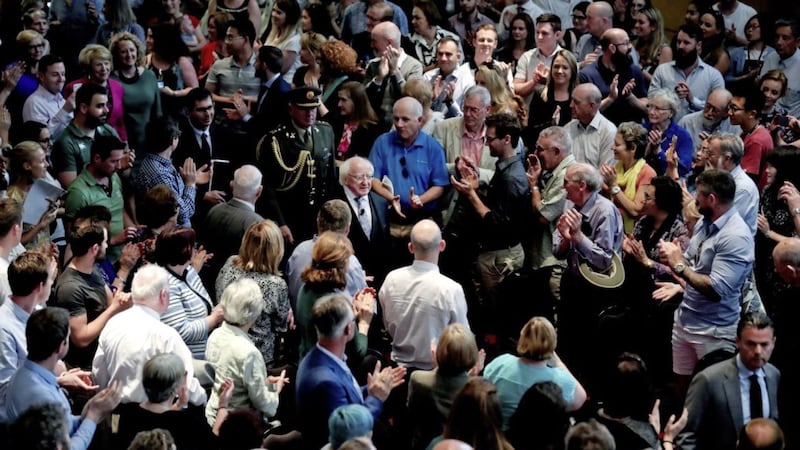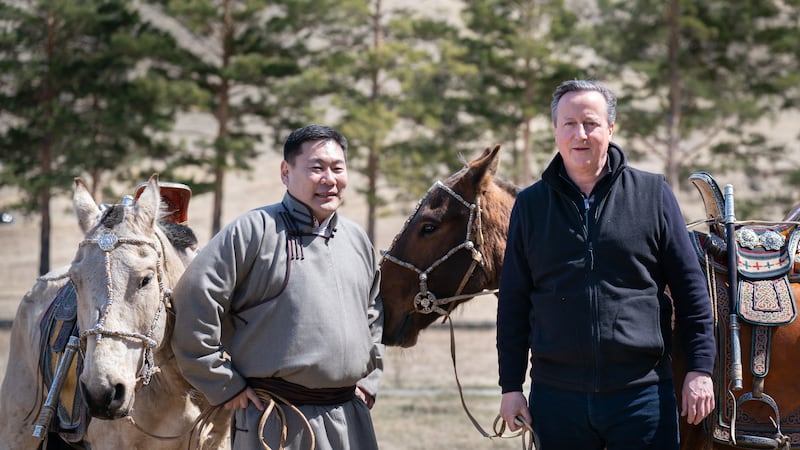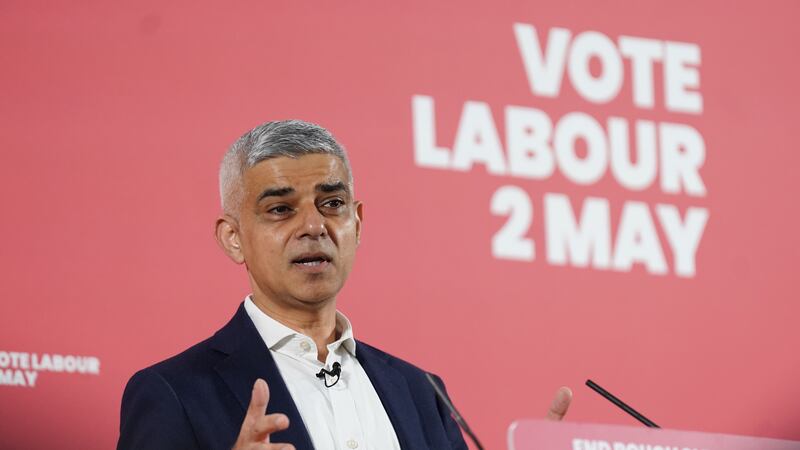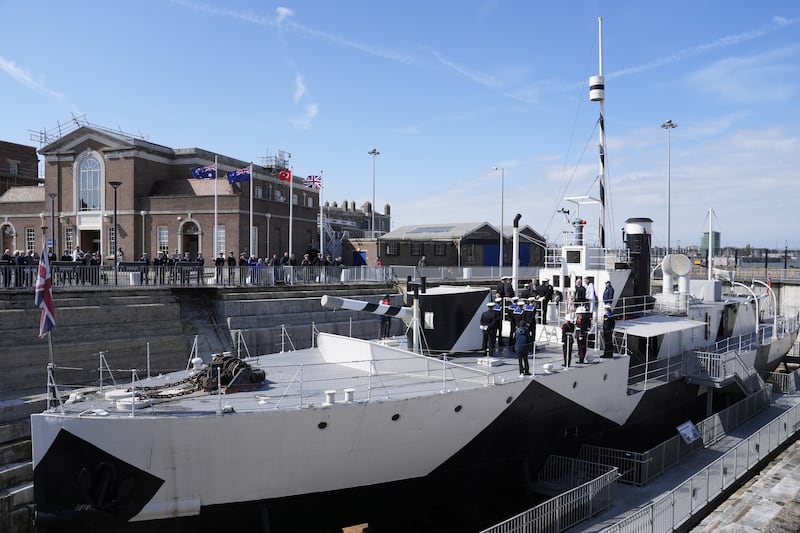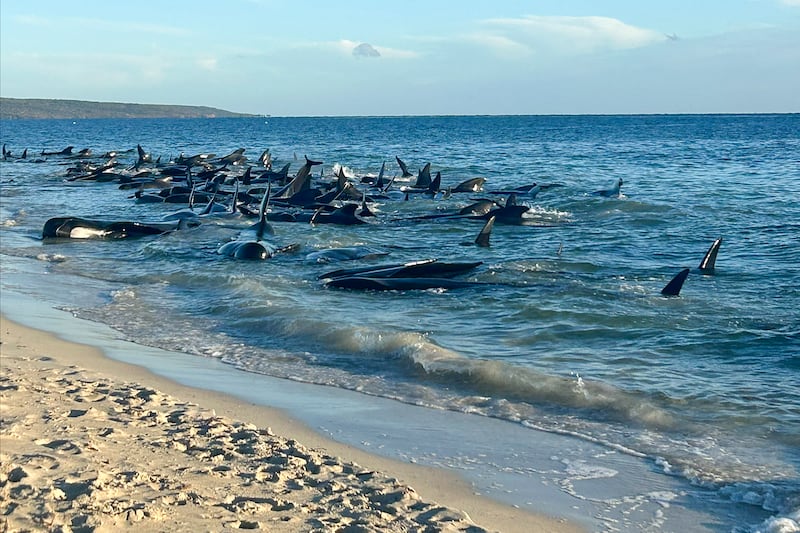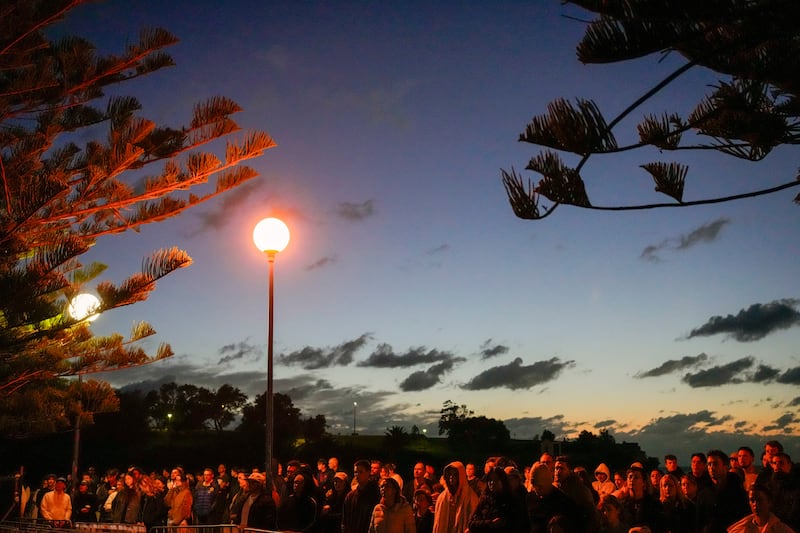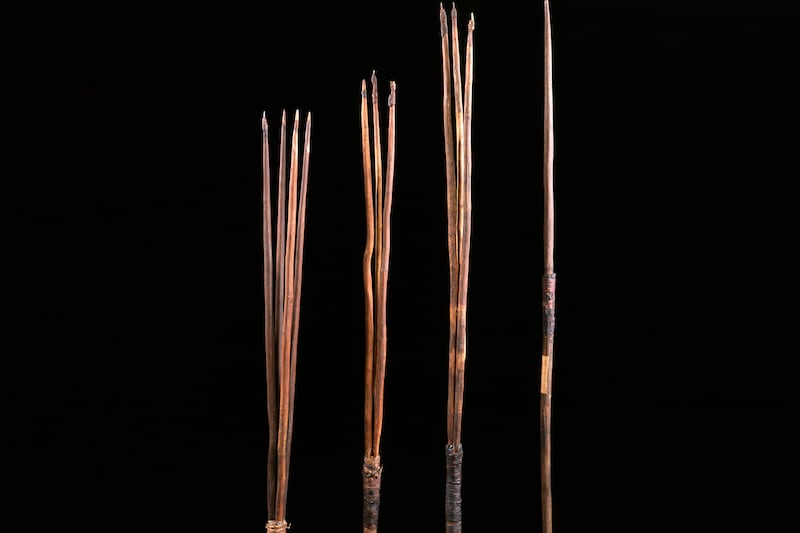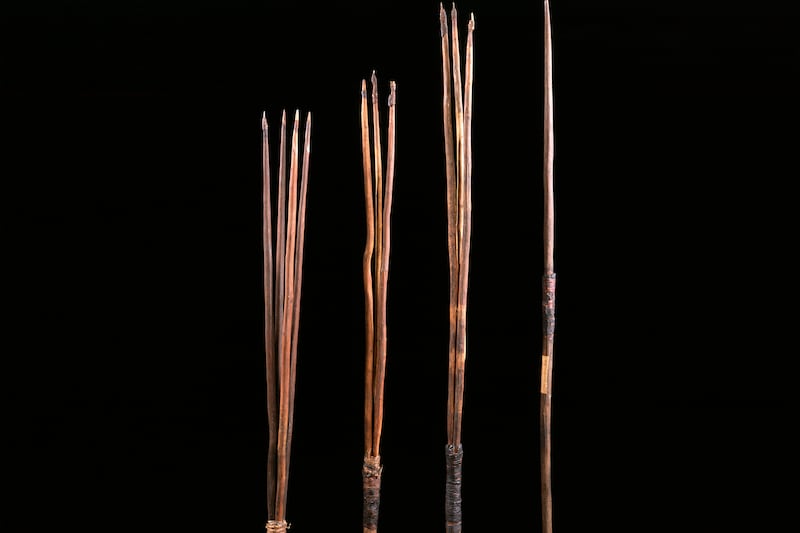THE most difficult commemorations in the 'Decade of Centenaries' are still to come, President Michael D Higgins has said.
Speaking to an audience at the University of New South Wales in Sydney during an official visit to Australia, President Higgins said that over the next six years "we enter the centenary of the crucible of Irish history".
"Yet of course the most difficult commemorations for us in Ireland still lie before us....our Irish revolution, our independence struggle, our civil war and the foundation of the new independent state," he said.
The President said that despite the difficulties posed by remembering key events in Irish history, there is "nothing truly to be gained from amnesia".
"For it is only by acknowledging, questioning, sometimes revising, but always remembering, in an ever more inclusive way, the events of our collective past that we can begin to build a collective future."
The incumbent of Áras an Uachtaráin told the audience that it was important to "restore to our national memory" men and women from the south who had served in British forces in the First World War.
"They shared the terrible experience of war in Europe, at Gallipoli, and in the Middle East, but the Irish returnees were remembered and treated quite differently when they returned to the south of Ireland than the Irish men who fought in the Australia and New Zealand Army Corps when they returned to their new homes," he said.
Amongst the upcoming anniversaries, President Higgins said the Treaty of 1921 - which his father was interned for opposing - had led to "divisions that would be destructive for generations".
"Thus, families and communities were cleaved apart in a bitter war that was to cast a shadow for generations and hamper our efforts to meet the republican ideals set out in 1916," he added.
It would also be important to acknowledge that partition was a "bitter disappointment and betrayal" for many southern unionists, while the "nationalist movement represented a plurality of opinion" in the years leading up to independence.
"These are some of the grave and difficult matters which we in Ireland will be confronting in the coming years," the President said.
"Conscious of my role as President of Ireland during this time of intense public remembering, I argued that the activity should be placed in an ethical framework."
He added: "Our words matter and in our present circumstances when anger is the temper of our times, we need to use our words for healing rather than wounding."
Meanwhile, in an address to the Western Australian parliament, President Higgins admitted that Irish-born immigrants had been involved in injustices against the Aboriginal people during colonisation.
"If we are to be truly unblinking in our gaze, we must acknowledge that while most Irish emigrants experienced some measure, often a large measure, of prejudice and injustice, there were some among the number who inflicted injustice too," he said.
